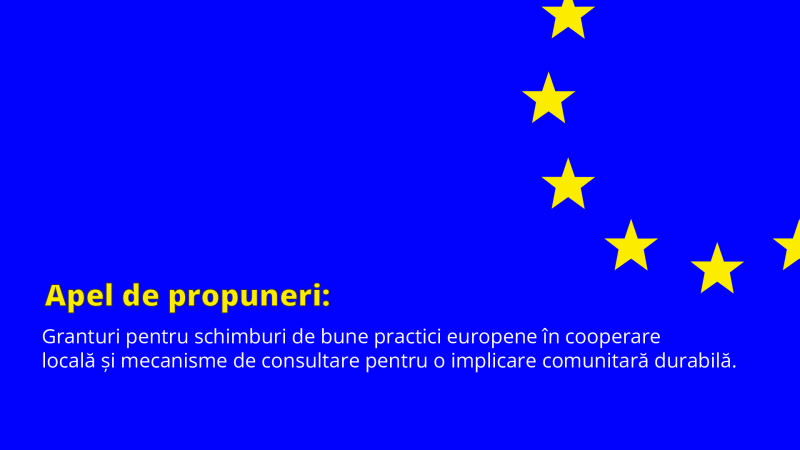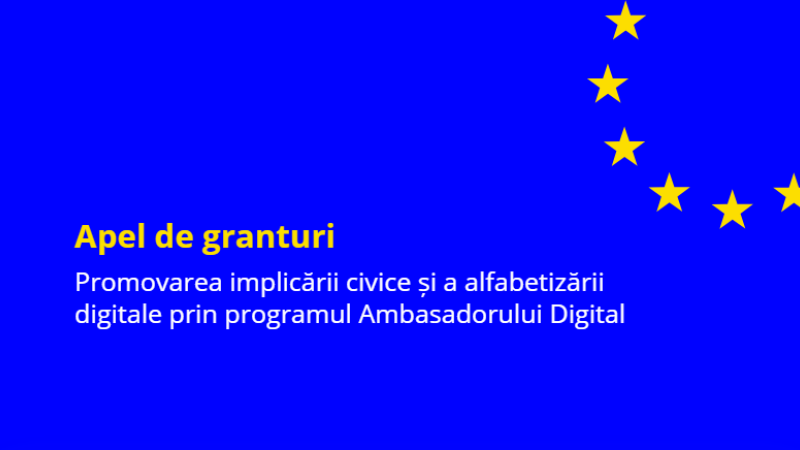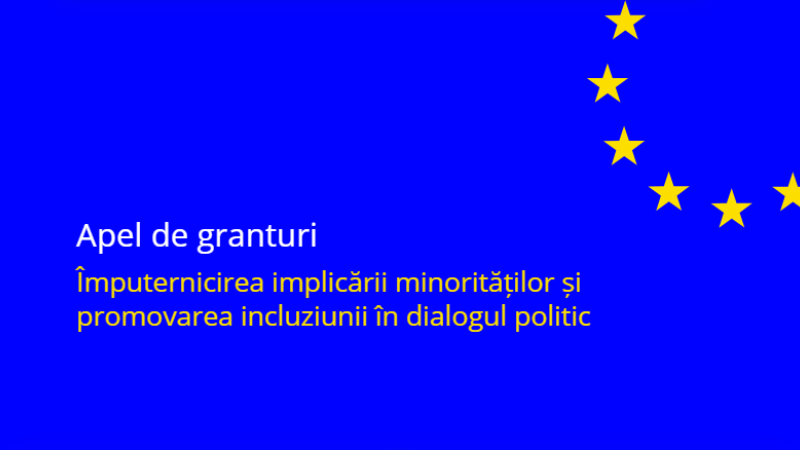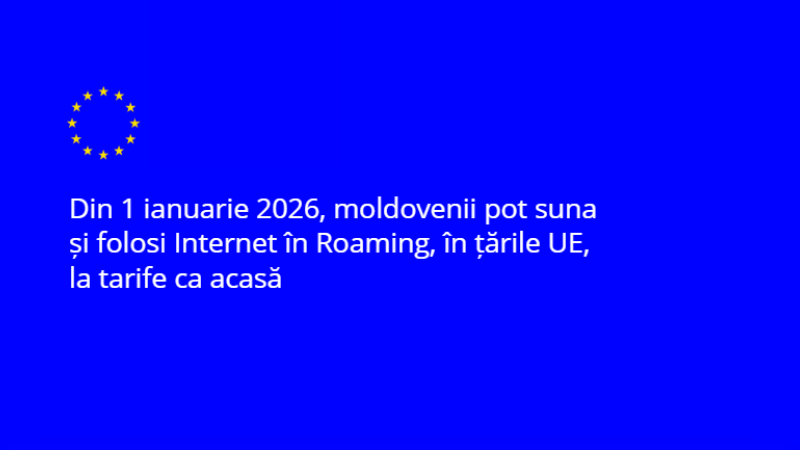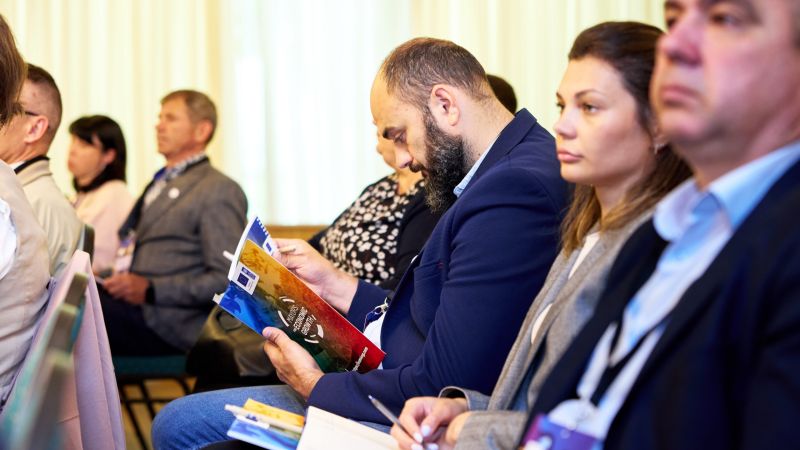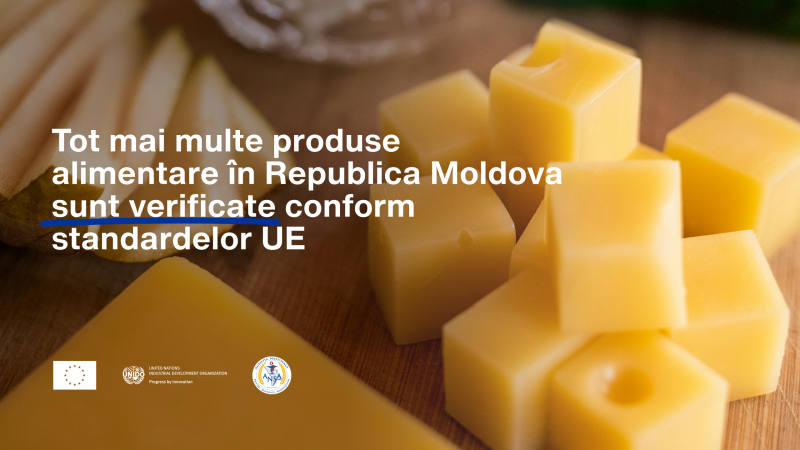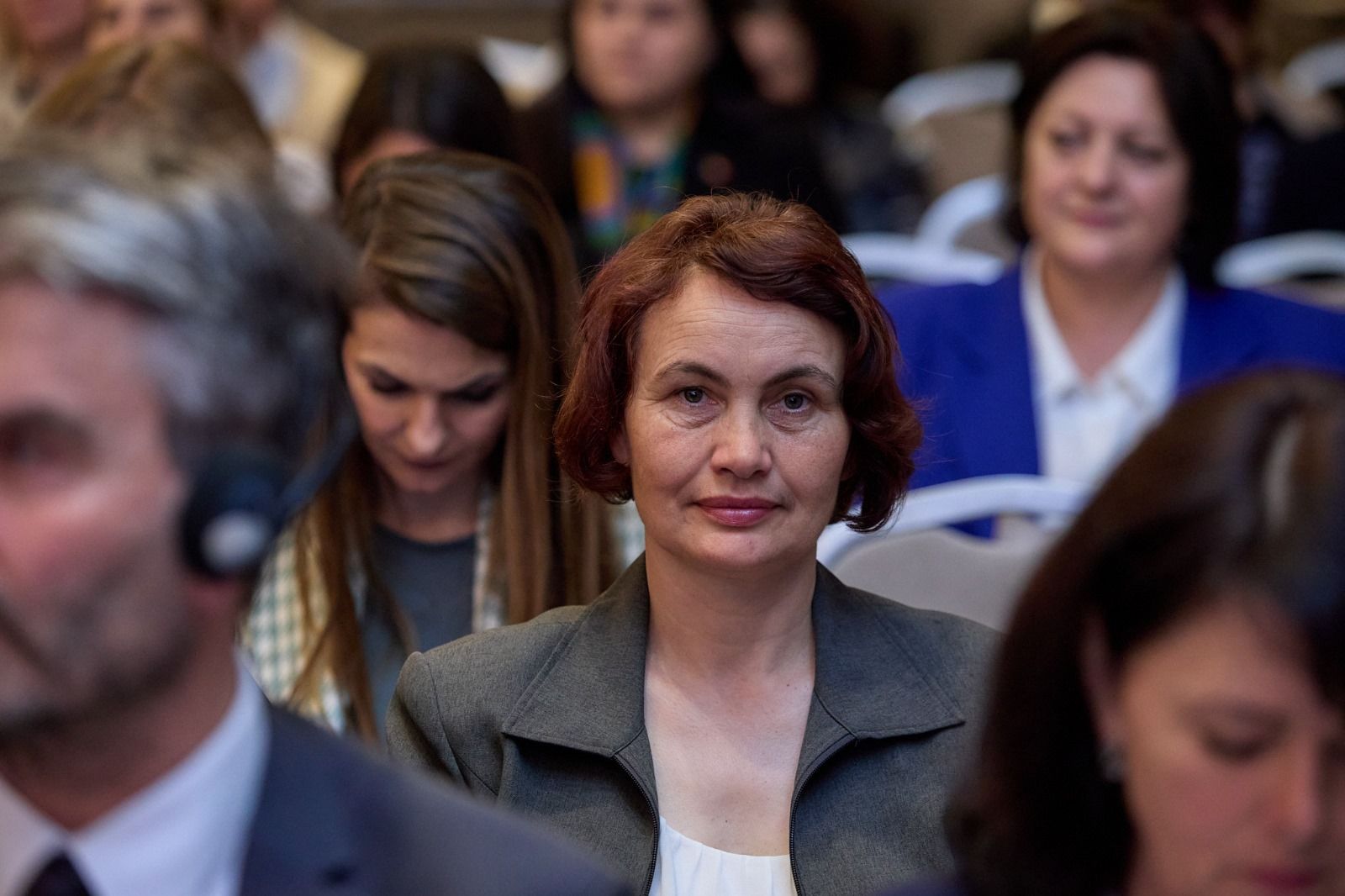
Au fost prezentate rezultatele proiectului „Parteneriate pentru liderismul femeilor și buna guvernare”
Finanțarea a 15 inițiative locale ale societății civile ce au promovat buna guvernare și egalitatea de gen, instruirea a peste 180 de funcționari publici și reprezentanți ai societății civile în promovarea politicilor sensibile la dimensiunea de gen, asistarea a patru raioane (Telenești, Ialoveni, Strășeni și Rezina) în realizarea auditurilor de gen și în elaborarea Planurilor de acțiuni privind promovarea egalității de gen și instruirea a peste 200 de femei lidere în cadrul Academiei de liderism – reprezintă o parte din rezultatele înregistrate de echipa proiectului „Parteneriate pentru liderismul femeilor și buna guvernare”, realizat de Fundația „Friedrich Ebert” Moldova și AO „Institutum Virtutes Civilis”, cu suportul financiar al Uniunii Europene și Fundației „Friedrich Ebert”.
În cadrul evenimentului de încheiere a proiectului, Ambasadorul Uniunii Europene în Republica Moldova, Jānis Mažeiks, a subliniat importanța parteneriatelor între organizațiile societății civile și autoritățile publice locale pentru a asigura dezvoltarea durabilă a comunităților din țară:
„Proiectul a demonstrat, prin activitățile și rezultatele sale, că participarea femeilor la buna guvernare și la viața politică a țării, este un obiectiv foarte realist. Acesta poate fi atins doar prin abilitarea constantă a femeilor. Femeile au potențial și motivația necesară pentru a deveni agenți adevărați ai schimbării în comunitățile lor. În programul Academiei pentru leadership-ul femeilor și bună guvernare, pe care l-am susținut, peste 200 de femei au fost instruite pentru a deveni lidere. Dintre care 63 de femei au candidat la alegerile generale locale din noiembrie 2023 iar 45 de femei au fost alese ca primare și consiliere locale sau raionale”, a declarat Jānis Mažeiks, Ambasadorul Uniunii Europene în Republica Moldova.
Directoarea Fundației „Friedrich Ebert” Moldova, Ana Mihailov, și-a exprimat speranța că beneficiarii și beneficiarele proiectului vor continua să colaboreze și după încheierea acestuia. „În mod special vreau să menționez angajamentul autorităților publice locale și sperăm foarte mult că funcționarii cu care am colaborat în cadrul proiectului vor reuși să-i inspire și pe alții, inclusiv alte APL-uri, să elaboreze audituri de gen și planuri de acțiuni pentru promovarea egalității de gen. Totodată, aș vrea să-mi exprim încrederea că politicile pe care le vor adopta vor răspunde în mod egal atât necesităților bărbaților, cât și ale femeilor, iar ca rezultat să ne bucurăm cu toții de o societate mai justă și mai echitabilă”, a menționat Ana Mihailov.
În cadrul proiectului „Parteneriate pentru liderismul femeilor și buna guvernare” sute de funcționari publici au fost instruiți în promovarea bunei guvernări și a politicilor publice sensibile la dimensiunea de gen. De asemenea, au fost elaborate șase note analitice ce au cercetat politicile publice și modul în care acestea răspund necesităților specifice ale femeilor și bărbaților. Președinta AO „Institutum Virtutes Civilis”, Liliana Palihovici, a atras atenția că este crucial să se continue eforturile de promovare a bunei guvernări și a politicilor publice sensibile la dimensiunea de gen pentru a asigura progresul și dezvoltarea durabilă a Republicii Moldova.
„În 2021, când am lansat acest proiect, ne-am propus să contribuim la o mai bună promovare a egalității și echității de gen în Republica Moldova, să creăm oportunități de implicare în viața socială, economică, politică a țării și, în special, ne-am dorit ca Republica Moldova să poată oferi cetățenilor săi condiții echitabile de afirmare, de educație, de acces la servicii publice etc. Din punctul nostru de vedere, avem rezultate cu care ne putem mândri: sute de femei instruite în cadrul programelor noastre astăzi gestionează comunități sau raioane din țară, avem politici publice care au fost îmbunătățite ca rezultat al notelor analitice și recomandărilor pe care le-am realizat prin intermediul proiectului, am oferit publicului mai multe oportunități de a cunoaște femei lidere, de a afla despre provocările prin care trec femeile din Republica Moldova și de a adopta o atitudine pro-activă în susținerea femeilor în asigurarea bunei guvernări”, a menționat Liliana Palihovici.
Lidia Ostaș, consilieră locală în Congazcicul de Sus, UTA Găgăuz Yeri, se numără printre cele peste 200 de femei lidere din toată țara instruite în cadrul Academiei de liderism. Ea afirmă că participarea la instruiri a contribuit semnificativ la dezvoltarea abilităților sale de comunicare, negociere și leadership, permițându-i să fie mai eficientă în gestionarea proiectelor locale și în reprezentarea comunității în fața autorităților. „Academia mi-a oferit curajul de a-mi depăși propriile frici și de a ieșit din zona de confort. Sper ca prin exemplu meu să pot încuraja și alte femei să-și asume rolul de lidere în comunitățile lor. Este important să înțelegem că de noi depinde schimbarea localităților din care venim, iar responsabilitatea noastră este să acționăm cu determinare și încredere pentru a construi un mediu mai prosper și mai echitabil pentru toți locuitorii”, afirmă Lidia Ostaș.
Proiectul „Parteneriate pentru liderismul femeilor și buna guvernare” a susținut și 15 inițiative locale ce au promovat echitatea de gen, au monitorizat transparența decizională și procesele de bună guvernare în comunitățile lor. Printre acestea și proiectul „Young people in action”, realizat în trei sate din raionul Drochia (Șuri, Chetrosu și Drochia). Stas Cebotari, directorul executiv al Centrului de Dezvoltare Durabilă și Inovare Civică din Drochia, spune că proiectul a reprezentat o bună oportunitate să familiarizeze tinerii despre ce înseamnă stereotipurile și prejudecățile de gen. „Prin proiectul nostru am oferit tinerilor oportunitatea de a înțelege și de a combate stereotipurile și prejudecățile de gen, transformându-i în agenți ai schimbării și ai egalității. Este esențial ca tinerii să fie conștienți de impactul pe care îl pot avea în eliminarea discriminării și în promovarea unei societăți mai juste și mai incluzive”, spune Stas Cebotari.
Proiectul „Parteneriate pentru liderismul femeilor și buna guvernare” a fost lansat în 2021 și a fost realizat de echipele Fundației „Friedrich Ebert” Moldova și AO „Institutum Virtutes Civilis”, cu suportul financiar al Uniunii Europene și Fundației „Friedrich Ebert”.
